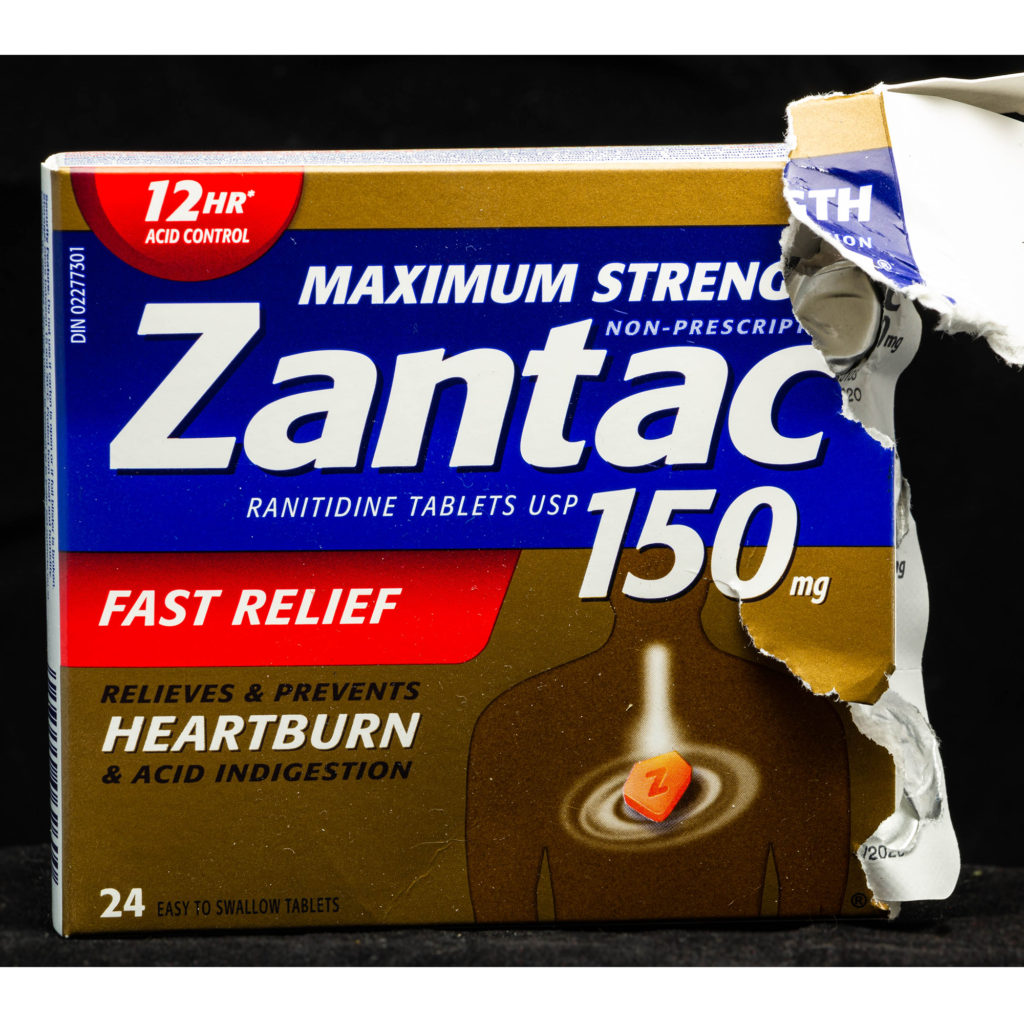Hundreds of plaintiffs have filed lawsuits arguing that, after years of using heartburn medication Zantac (ranitidine), they were diagnosed with bladder cancer. Now, a recent study supports their claims: The American Journal of Gastroenterology published research that indicates that users of Zantac products may face a higher chance of developing bladder cancer.
Link Between Ranitidine Use and Bladder Cancer
The new study looked at information from patients diagnosed with bladder cancer in Scotland between 1999 and 2011. Researchers matched the participants up with controls based on their age, gender, and general practice records. They ultimately gathered data on 3,260 cases of bladder cancer and 14,037 controls, showing that ranitidine users have a 22 percent higher risk of bladder cancer than non-users. The risk increased further if patients used the drug for over three years.
It’s important to note that these risks were not seen with proton pump inhibitors, another class of heartburn drugs. Examples include Nexium and Prilosec.
Although research linking Zantac and bladder cancer is in its early stages, there have been other studies that look at how ranitidine may increase levels of known carcinogen N-nitrosodimethylamine (NDMA) in the body. In a study from 2016, researchers collected urine samples from adult volunteers over a 24-hour period, both before and after taking 150mg of ranitidine. They then reviewed the samples for residual ranitidine, NDMA, and other nitrosamines. After ranitidine intake, urinary levels of NDMA increased 400-fold, while total N-nitrosamines increased 5-fold. Study authors noted that these rates “equaled or exceeded those observed in patients with schistosomiasis, a disease in which N-nitrosamines are implicated as the etiological agents for bladder cancer.”
FDA Recall of Ranitidine Products
In April 2020, the U.S. Food and Drug Administration (FDA) recalled all ranitidine products after studies revealed that storage time and high temperatures may increase the level of NDMA.
For more information about the Zantac recall and lawsuits, contact us today.
Additional Reading:
Zantac Relaunches With New Name and Ingredient After Recall Due to Increased Cancer Risk
Sanofi Accused of “Widespread” Email Deletion After Zantac Recall

